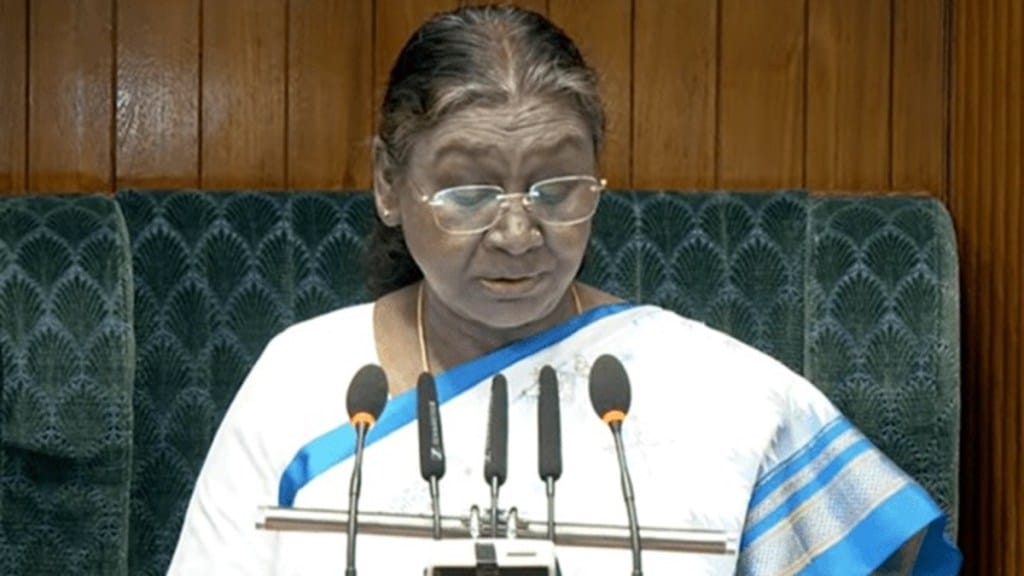President Droupadi Murmu has granted her assent to the Waqf (Amendment) Bill, 2025, and the Mussalman Wakf (Repeal) Bill, 2025, officially enacting them into law. The move comes after both houses of Parliament passed the bills amidst intense debate and opposition.
The Waqf (Amendment) Bill, 2025, which faced strong opposition from several political parties, was approved by the Rajya Sabha after a marathon 13-hour discussion. The legislation was passed with 128 votes in favor and 95 against. The Lok Sabha had earlier approved the bill with 288 votes in favor and 232 against.
The legislation has been labeled “anti-Muslim” and “unconstitutional” by opposition members, who argue that it infringes upon the religious autonomy of the Muslim community. The government, however, maintains that the amendments are “historic reforms” aimed at benefiting the minority community.
The Mussalman Wakf (Repeal) Bill, 2025, also received presidential assent, solidifying its status as law.
Legal challenges against Waqf Amendment bill
Immediately following the presidential approval, legal challenges were filed in the Supreme Court by Congress MP Mohammad Jawed and All India Majlis-e-Ittehadul Muslimeen (AIMIM) president Asaduddin Owaisi. Both petitions argue that the Waqf (Amendment) Bill violates constitutional provisions.
Jawed’s petition asserts that the bill imposes “arbitrary restrictions” on Waqf properties and their management, thereby undermining the religious autonomy of the Muslim community. Filed through advocate Anas Tanwir, the petition also alleges that the bill discriminates against the Muslim community by imposing restrictions not applicable to other religious endowments.
Owaisi, in his petition filed through advocate Lzafeer Ahmad, contends that the bill diminishes the protections afforded to Waqfs, while maintaining those protections for Hindu, Jain, and Sikh religious and charitable endowments. He argues that this disparity constitutes “hostile discrimination” against Muslims, violating Articles 14 and 15 of the Constitution, which prohibit discrimination based on religion.
The Supreme Court is now expected to consider these petitions, potentially setting the stage for a significant legal battle over the validity of the newly enacted legislation.
(With PTI Inputs)

